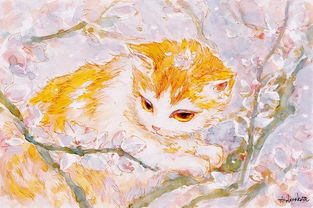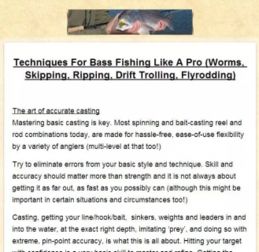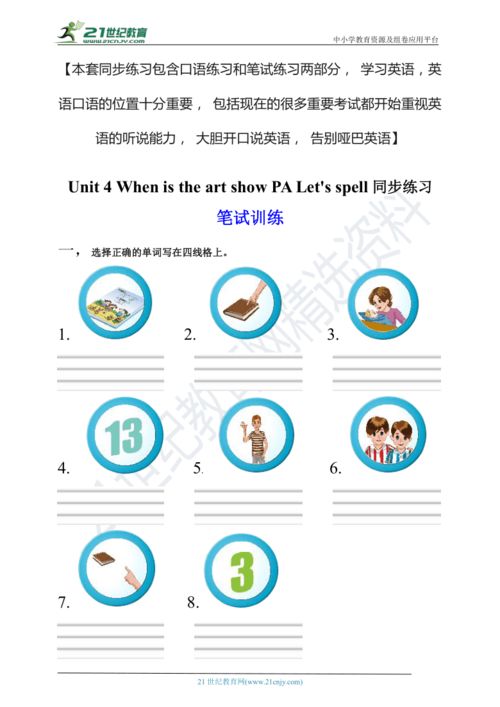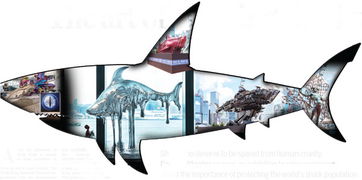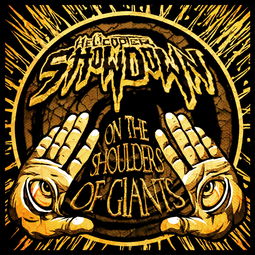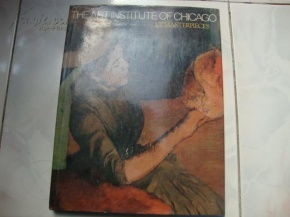Content:
In the bustling metropolis of Chongqing, where the Yangtze River snakes through the city, fishing is not just a hobby; it's a way of life. The local dialect, rich in color and character, adds a unique twist to the conversation. So, if you're planning to cast your line in the waters of Chongqing, here's a guide to fishing techniques and how to talk about them in the local lingo.
选择钓位(Xuan ze diao wei)- Choosing Your Spot
In Chongqing dialect, this is how you'd say, "选择钓位." When it comes to choosing a spot, locals have a few tricks up their sleeves. Look for areas where the river's current is gentle, as these spots are usually teeming with fish. Also, keep an eye out for rocks or logs where fish like to hide. Remember, "岩头岩脑壳,鱼儿躲不过" (yan tou yan nao ke, yu er duo bu guo), which means "Even rocks and heads can't hide from the fish."
钓具准备(Diao ju zhun bei)- Preparing Your Gear
Before you hit the water, make sure your gear is in order. Here's how you'd say "准备钓具" in Chongqing dialect. You'll need a good rod, reel, line, hooks, and bait. For beginners, a simple spinning rod and a variety of artificial lures or live bait like worms or minnows can be effective. Remember, "好马配好鞍,好钓配好线" (hao ma pei hao an, hao diao pei hao xian), which translates to "A good horse needs a good saddle, and a good rod needs good line."
投掷技巧(Tou zhi ji qiao)- Casting Techniques
Casting is an art form in itself. In Chongqing, you might hear "投掷技巧" when discussing this aspect. Here are a few tips:
- Hold the rod with a comfortable grip, but keep it loose enough to allow for smooth casting.
- Use a sidearm cast for distance, and a roll cast for accuracy.
- Remember to "轻拿轻放,鱼儿不怕" (qing na qing fang, yu er bu pa), which means "Handle it gently; the fish won't be afraid."
钓饵选择(Diao er xuan ze)- Choosing Your Bait
In Chongqing, they say "选择钓饵" when talking about this. The type of bait you choose depends on the fish you're targeting. Here are some common options:
- Live bait: Worms, minnows, or leeches are popular choices for freshwater fish.
- Artificial lures: Jigs, spinners, and crankbaits are effective for a variety of species.
- Natural baits: Grubs, crayfish, or even pieces of bread can work wonders.
鱼竿调整(Yu gan tiao zheng)- Adjusting Your Rod
As you fish, you may need to adjust your rod for different conditions. In Chongqing, this is known as "调整鱼竿." Here's what to keep in mind:
- If you're catching a lot of bites, try increasing the tension on your rod for a better hook set.
- If the fish are being particularly elusive, you might want to loosen the tension to allow more natural movement of your bait.
- Remember, "鱼竿调整,看鱼儿心情" (yu gan tiao zheng, kan yu er xin qing), which means "Adjust your rod based on the fish's mood."
提竿技巧(Ti jian ji qiao)- Reeling In Techniques
When a fish strikes, it's time to reel in. In Chongqing, this is referred to as "提竿技巧." Here are some tips:
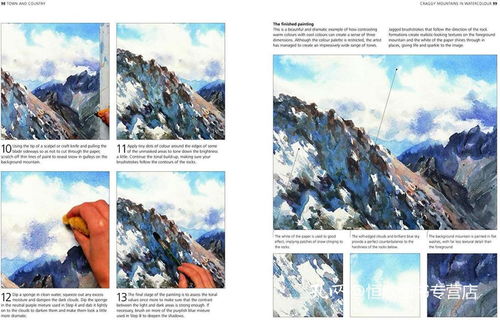
- Keep a steady tension on the line to prevent the fish from running away.
- Use short, sharp strikes to set the hook firmly.
- Be patient and let the fish tire itself out before bringing it in.
- Remember, "提竿如提针,稳如泰山" (ti jian ru ti zhen, wen ru tai shan), which means "Reeling in is like pulling a needle; it must be steady as Mount Tai."
Conclusion
Fishing in Chongqing, with its unique dialect and rich fishing culture, is an experience like no other. By mastering these fishing techniques and incorporating some local lingo, you'll be well on your way to becoming a seasoned angler. So, grab your rod, cast your line, and enjoy the tranquility of the water, all while speaking the language of the locals. Remember, "钓鱼钓心情,不在鱼多少" (diao yu diao xin qing, bu zai yu shao duo), which means "Fishing is about the mood, not the number of fish caught." Happy fishing!
